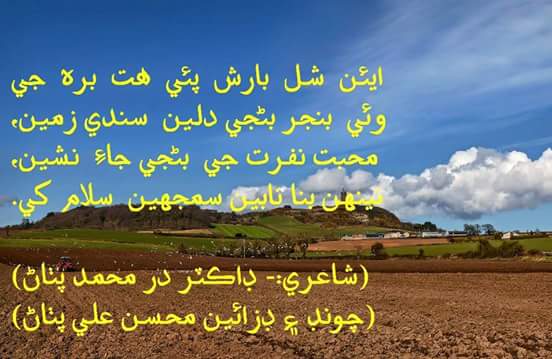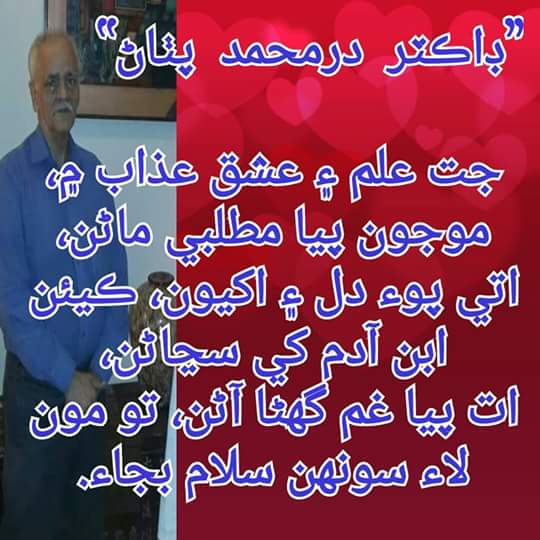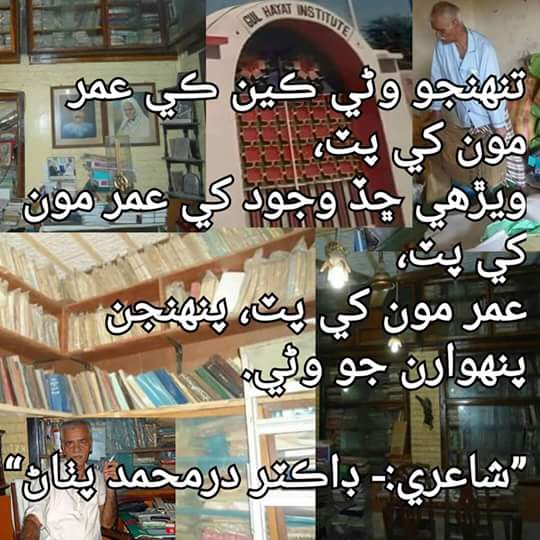SIMON COMMISSION
The Indian Statutory Commission was a group of British Members of Parliament that had been dispatched to India in 1927 to study constitutional reform in that colony. It was commonly referred to as the Simon Commission after its chairman, Sir John Simon. One of its members was Clement Attlee, who subsequently became the British Prime Minister who would oversee the granting of independence to India and Pakistan in 1947.
Members of the Commission
- Sir John Simon (chairman)
- Clement Attlee
- Harry Levy-Lawson, 1st Viscount Burnham
- Edward Cadogan
- Vernon Hartshorn
- George Lane-Fox
Background: The Government of India Act 1919 had introduced the system ofdyarchy to govern the provinces of British India. However, the Indian public clamoured for revision of the difficult dyarchy form of government, and the Government of India Act 1919 itself stated that a commission would be appointed after 10 years to investigate the progress of the governance scheme and suggest new steps for reform. In the late 1920s, the Conservative government then in power in Britain feared imminent electoral defeat at the hands of the Labour Party, and also feared the effects of the consequent transference of control of India to such an "inexperienced" body. Hence, it appointed seven MPs (including Chairman Simon) to constitute the commission that had been promised in 1919 that would look into the state of Indian constitutional affairs. The people of the Indian subcontinent were outraged and insulted, as the Simon Commission, which was to determine the future of India, did not include a single Indian member in it. The Indian National Congress, at its December 1927 meeting in Madras (now Chennai), resolved to boycott the Commission and challenge Lord Birkenhead, the Secretary of State for India, to draft a constitution that would be acceptable to the Indian populace. A faction of the Muslim League, led by Muhammad Ali Jinnah, also decided to boycott the Commission. An All-India Committee for Cooperation with the Simon Commission was established by the Council of India and by selection by the Viceroy The Lord Irwin. The members of the committee were: Sir C. Sankaran Nair (Chairman), Sir Arthur Froom, Rajah Nawab Ali Khan, Sardar Shivdev Singh Uberoi, Nawab Sir Zulfiqar Ali Khan, Sir Hari Singh Gour, Sir Abdullah Al-Mamun Suhrawardy, Kikabhai Premchand and Rao Bahadur M. C. Rajah. Almost immediately with its arrival in Bombay on February 3, 1928, the Simon Commission was confronted by throngs of protestors. The entire country observed a hartal (strike), and many people turned out to greet the Commission with black flags. Similar protests occurred in every major Indian city that the seven British MPs visited. However, one protest against the Simon Commission would gain infamy above all the others. The Commission published its 17-volume report in 1930. It proposed the abolition of dyarchy and the establishment of representative government in the provinces. It also recommended that separate communal electorates be retained, but only until tensions between Hindus and Muslims had died down. Noting that educated Indians opposed the Commission and also that communal tensions had increased instead of decreased, the British government opted for another method of dealing with the constitutional issues of India. Before the publication of the report, the British government stated that Indian opinion would henceforth be taken into account, and that the natural outcome of the constitutional process would be dominion status for India. The outcome of the Simon Commission was the Government of India Act 1935, which established representative government at the provincial level in India and is the basis of many parts of the Indian Constitution. In 1937 the first elections were held in the Provinces, resulting in Congress Governments being returned in almost all Provinces. In September 1928, Mr. Motilal Nehru presented his Nehru Report to counter British charges that Indians could not find a constitutional consensus among themselves, it advocated that India be given dominion status of complete internal self-government.
Impact of the Simon Commission : a. The appointment of the “all-white” Simon Commission reinvigorated Indian Nationalism to a high pith of activity which would have a major impact throughout the remaining years of the British Raj. This led, in short order, to the boycott of the Commission the development of the all-party Nehru Report
b. The Indian Round Table Conferences 1931-1933 were an attempt to undo the damage caused by the mishandling of the appointment of the Commission;
c. When the Simon recommendations are compared to the Government of India Act 1935 the following may be noted:
At the provincial level Simon’s recommendations were taken over by the Act but with even more stringent safeguards – i.e. even less true responsible government;
At the Centre, contrary to Simon’s recommendations, the Act authorized the formation of an utterly unworkable federation that never came into being. Thus the Centre remained governed by Government of India Act 1919.
d. Clement Attlee got his education on India on the Commission and both he and Simon were involved in developing Indian policy during the Second World War and Attlee header the labour Government that Granted India independence in 1947.
SIMON COMMISSION AND SINDH:
Sindh, though as the part of Bombay presidency, played a vital role in this movement of disowning of Simon Commission. Sindh was at par with all the provinces of united India. Sindhies suffered a lot on account of opposing the Simon Commission. The Special Boycott Bulletins were published and issued on the eve, Editor from Kotri was sentenced to Imprisonment. Seth Harchandrai vishandas in spite of serious illness went Bombay to cast his vote in the Assembly/Council against the Simon Commission and he breathed his last with in days.
How Sindh prepared herself for taking part in this movement can be judged by going through the minutes & proceedings of various meetings held in sindh. Some of details are given as under:
§ 02-02-1928, All the important college of Karachi: D. J. College, N. E. D college, Law College students decided to Boycott the classes on 03rdFeb,1928.
§ On 06-10-1928, the meeting was held in the office of Santdas Mangharam pleader in Hyderabad. Jamshed N. R. Mehta presided. in this meeting a committee consisting of Santdas Mangharam, Jamshed N. R. Mehta, Prof: Nariandas Malkani and Mr. K. Punniah Was formed to set the provisional Congress Committee and its affiliated organizations in proper order and efficient working.
The meeting accepted the resolution passed at the All Parties Conference held at Lucknow and resolved that a movement be organized to carry on propaganda of explaining these Resolutions to the public.
The meeting resolved that all the political workers of sindh should carry on vigorously the boycott of the Simon Commission and should prepare a statement that persons who give evidence before Commission are not the representatives of the people and make efforts to induce witnesses to desist from giving evidence.
§ On 14-10-1928, the meeting of the Simon Commission Boycott Committee was held in the office/ Dispensary of Dr. Tarachand J. Lalwani under chairmanship of Swami Govindannd. The following program of Boycott was fixed:
1. No hartal as the commission was arriving at Karachi on the Diwali Day.
2. Procession with Black flags of “Simon Go Back” from the city Karachi to the Cantonment Station on the 11th of Nov.
3. Putting up placards, black flags & posters on the main streets & routes of Simon Commission.
4. Picketing on the Houses of the witnesses & places where the commission will take Oral Evidence.
5. Restricted Social Boycott of the people extending cooperation to the Simon Commission.
6. Public meetings shall be held on 10-12-1928, 11-12-1928, & 20-11-1928.
7. Street propaganda shall be started from 18-10-1928.
§ On 20-10-1928, a public meeting was held at Khaliqdino Hall (KARACHI) under Chairmanship of Naraindas Anandji M. L. C. Swami Govindannd, Meer Muhammad Baloch, Shaikh Abdul Majeed, Swani Krishnanad & Sidhwa spoke on the ocean and requested the people the Boycott the Commission.
On 25-10-1928 at 7pm in the Kasari office following programmed was approved.
1. A full time man to be appointed to carry on the whole of the office and outdoor work.
Mr. Mohan lal D.Sachday has agreed to accept the appointment.
2. At this stage some of the chief office bearers of the Sindh Khilafat Committee came. They informed the boycott committee that their organization have resolved to co-operate with our committee in the matter of making the boycott demonstration effective and successful. The committee resolved to express its appreciation of the offer of whole hearted co-operation by the Khilafat Committee.
3. It was resolved to hold public meetings, (1) in Mithadar Chowk on Saturday 27th at 9 p.m. (2) in Deshar Bazaar, Runchore line on Sunday, the 28th at 9 p.m. and (3) in Garikhatta opposite Jethamal’s building and Lambart Market-chowk on Monday, the 29th at 9 p.m.
4. It was resolved to send invitations to Pandit Motilal Nehru and Madan Mohan Malvya, Dr. Ansart, Maulana Abdul Kalam Azad and Mr. Nariman to pay a visit to Karachi on the occasion of arrived of the Simon commission.
5. The committee appeals to the youth of Karachi in particular and in Sindh in general to come forward to make the programmed of the black flag procession on 11th November & picketing most impressive & successful.
6. The committee notes with satisfaction the response so far make to the “Appeal for volunteers and hopes that within a very short time the required number of 1000 will have enrolled themselves.
7. The committee appeals to all the citizens of Karachi to muster in their thousands to join the Black Flag Procession on 11th November, the day of the arrivals of the Simon commission in Karachi.”
8. The committee will meet from day to day at 8.30 p.m. to take the stock of the situation and discuss its further plans.



